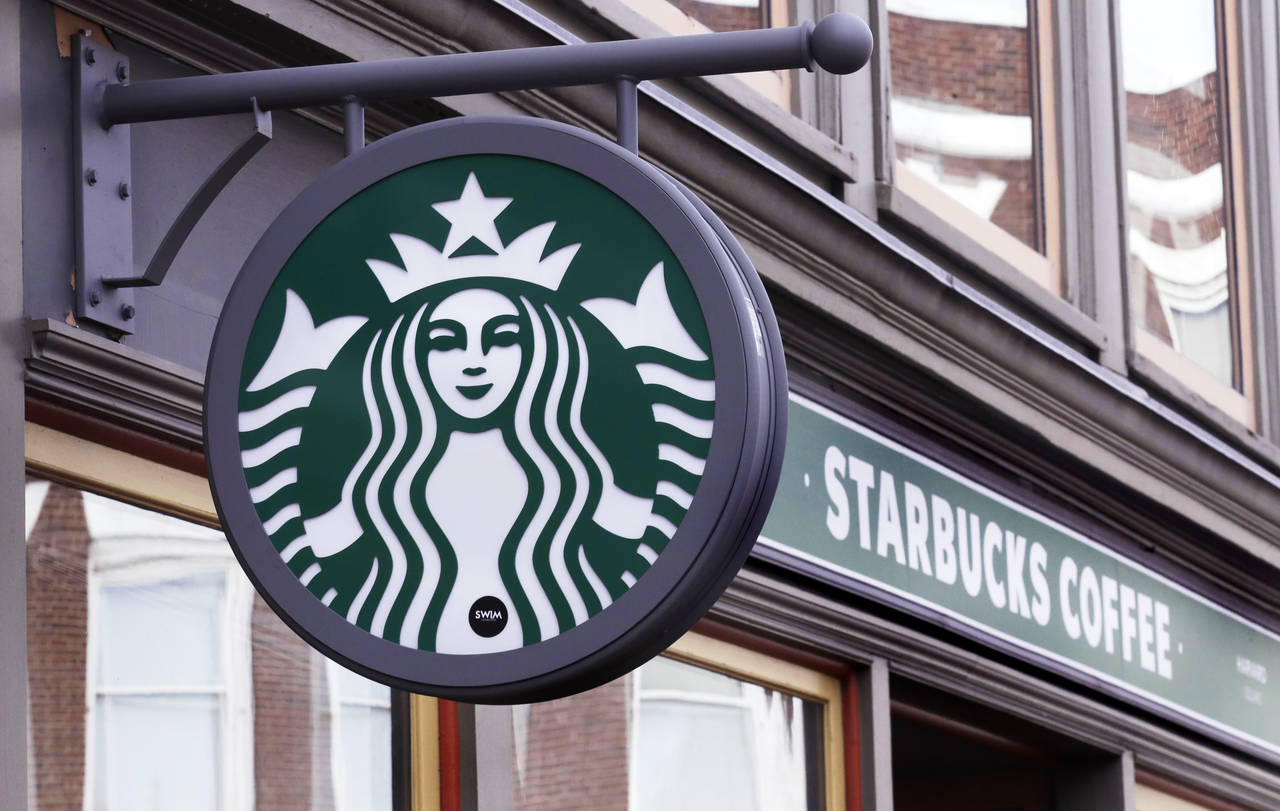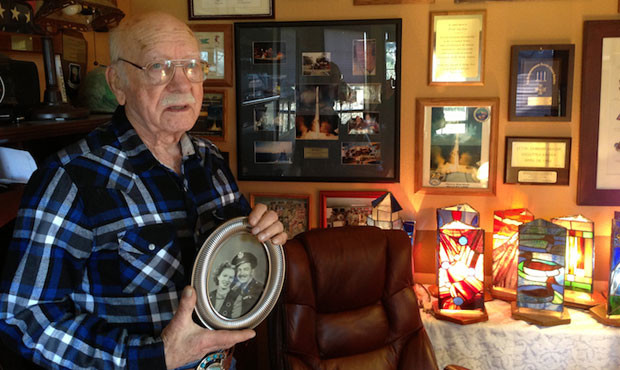Still too early to draw conclusions on $15 minimum wage
Apr 19, 2016, 5:28 AM | Updated: 8:14 am

(AP file photo)
(AP file photo)
It’s too early to tell if Seattle businesses are hurting as a result of the move to a $15 minimum wage. Still, a study commissioned by the city reveals some preliminary results about the law’s impact.
First of all, it’s important to understand that it’s a rolling minimum wage — not all businesses had to jump in with the $15 minimum when the law went into effect a year ago. Actually, that’s one of the findings from the study: the 567 businesses and the 55 workers interviewed were, overall, pretty confused about the law.
Jacob Vigdor, one of the University of Washington researchers commissioned by the City of Seattle, says, anecdotally, he sees many small businesses struggling, like one that stopped hiring dishwashers.
“For businesses like this, the ones that feel like they don’t necessarily have a whole lot of leeway with what they can do, they are going to be in a more precarious position and we will be watching very closely to see if they can figure out a way to remain in business,” he said.
The study didn’t include solid data — yet — on whether or not businesses can succeed with the law. It’s too early as it’s only tracked through spring of 2015.
But the results released now provide a baseline for researchers to use and continue to track both businesses and workers.
Prices
Researchers did check to see if prices are going up in Seattle, like at grocery stores. Since that’s easier to track, they do have numbers going all the way up to present and they say they do not see prices going up.
And for the price of an apartment — that is, rent — the price actually went up faster in areas of King County outside of Seattle.
So there’s no connection to minimum wage and rent increase or to minimum wage and the price of a donut in a grocery store. Nor is there any connection to prices going up at restaurants. Prices are going up in Seattle, but at the same time they’re going up outside of city limits, too.
Employees
In tracking workers, Vigdor says he was surprised to see how low-wage workers felt about the increase in income.
“They’re worried about prices,” he said. “They’re worried about their benefits, whether it’s food stamps, housing vouchers, whatever it is. As they make more money, those benefits go away. So I think that it was really striking to see the amount of clearheadedness and people just sort of realizing, hey, you know, all the political sloganeering aside, I just don’t know if this is going to make life better for me.”
Earlier this month, New York passed its own law that will gradually raise the minimum wage to $15 an hour.
It’s one of the topics Democratic Presidential candidates Bernie Sanders and Hillary Clinton have sparred over in the lead-up to Tuesday’s New York primary.












